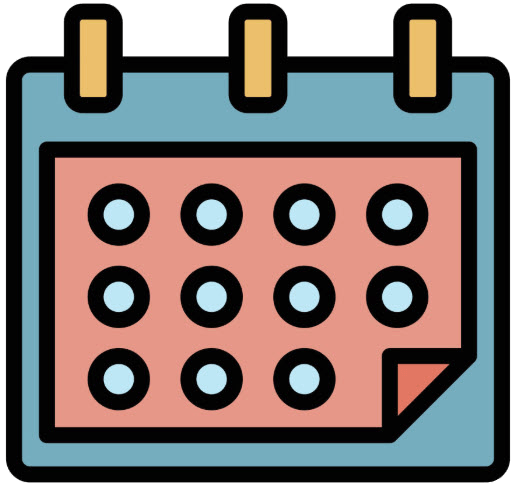
Reverse Mortgages: A Simple Guide
What is a Reverse Mortgage?
A reverse mortgage allows homeowners aged 62 or older (55+ for some jumbo loans) to convert the equity in their home into cash — without having to sell or move.
Instead of making monthly mortgage payments to a lender, the lender makes the payment on your behalf.
Your new Reverse Mortgage first pays off any loan(s) on your home. The remainder of the funds you can receive in several different ways - you choose:
A monthly income
A lump sum
A line of credit you can draw from as needed. (The unusued portion of this line earns the same interest you are paying on the loan).
A combination of the above.
The amount you can borrow depends on your age, how much equity you have in your home, and current interest rates.

Key Advantage of a Reverse Mortgage
You don’t repay the loan until you no longer live in the home as your primary residence. A condition of this type of loan is simply that you keep up with the property taxes, insurance, and basic maintenance.
That means you can:
Make use of the equity in your home without having to make a monthly mortgage payment.
Stay in your home as long as you want to, regardless of whether property values rise or fall.
Supplement your retirement income with the line of credit. The money can be used any way you wish.
Who Benefits Most?
Reverse mortgages often make sense for homeowners who:
Plan to remain in their home long term.
Have significant equity.
Is elderly or disabled and needs money to pay for in-home care
Need extra monthly cash flow, a financial cushion, or funds for home improvements, or other expenses. The funds can be used at the borrower's discretion.
Who Benefits Least?
It is of critical importance that you understand the downside of a reverse mortgage. A reverse mortgage is not for you if:
You want to leave ALL the equity in your home to your heirs. A reverse mortgage decreases that equity.
Plan to move from the home but turn it into an investment property. (In which case, it would have to be refinanced into a standard mortgage).
You have a partner but are not legally married. Upon your passing, your partner would have to refinance or sell the home.

FAQs
The only way the bank will foreclose is if you do not keep up with your property taxes and homeowners' insurance. Additionally, it's essential to maintain general upkeep.
If your property value falls below the amount of the reverse mortgage, the bank cannot foreclose on your property.
No! The title to your home remains in your name and is yours to sell or refinance at any time.
The loan becomes due when:
You pass away.
You sell your home.
You move out for 12+ months (for example, into assisted living).
You don’t meet loan obligations (such as paying taxes/insurance).
Your heirs can either sell the home to pay off the loan, or refinance if they want to keep it.
Learn Your Options – Don't assume you qualify or that it's the best solution for you. Let's talk about it first before you make a decision.
Counseling Session – HUD wants to ensure you understand the loan. A 45-60 minute phone consultation with an independent HUD-approved counselor is mandatory.
Apply – I'll ask you questions so I can fill out your application for you.
Appraisal – A licensed appraiser will determine your home’s value and condition.
Underwriting – The lender reviews all details and makes a final decision.
Closing – You sign documents and have three days to cancel if you change your mind.
Receive Funds – Choose lump sum, monthly payments, line of credit, or a combination. We will discuss the merits of each method so you can choose the best option for you.
You may have heard that reverse mortgages require a lot of fees. Here's the truth. The typical reverse mortgage, those for homeowners over 62, are backed by the FHA. Any FHA loan, whether it's a reverse mortgage or a standard "forward" mortgage, has fees charged by FHA. That is the single largest fee.
Other than that, the only fees are about the same as for any type of loan:
Origination fee (lender’s cost to process the loan, capped by law)
Appraisal fee
Closing costs (title, recording, credit report, etc)
With the exception of the appraisal, the other costs can be rolled into the loan so you don't pay out of pocket.
Final Thoughts
A reverse mortgage can be a powerful tool for homeowners who want to tap into their home’s equity without moving. It provides financial flexibility, peace of mind, and the ability to age in place. But it’s not for everyone.

Explore Our Related Site
Business loans & working capital solutions
9100 Wilshire Blvd Ste 725E
Beverly Hills CA 90212
NMLS#263711
Fair Housing Lender

jeangallagher.com ©2025
